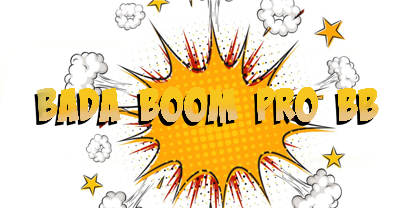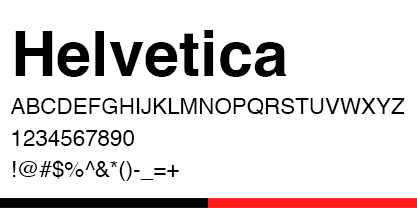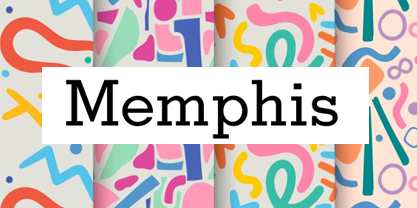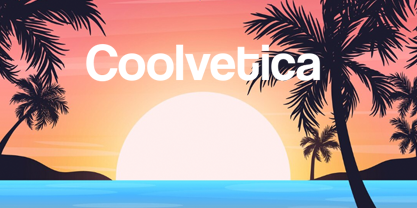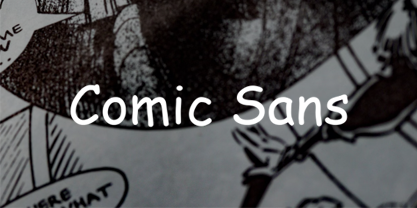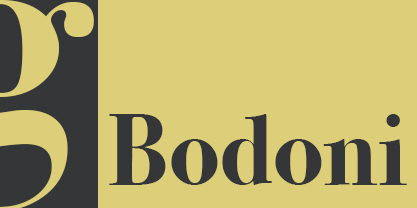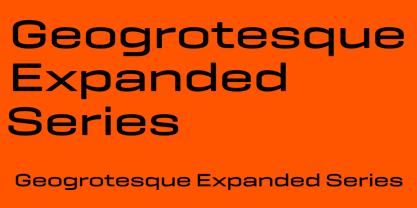
Avenir
About "Avenir"
In 1988, Linotype presented Avenir, a font designed by the renowned Swiss type designer Adrian Frutiger.
This typeface drew inspiration from Futura and Erbar, two Sans Serif typefaces, and aimed to convey timelessness, evident in its name "Avenir" (future).
Adrian Frutiger's approach in creating Avenir involved reinterpreting early 20th-century geometric sans serif designs to capture the aesthetics of the 21st century while introducing a touch of organic humanism, departing from the earlier rigid geometric styles.
Notably, Avenir is used for signage at Dallas Fort Worth and Hong Kong international airports, and it was adopted as the corporate typeface of Amsterdam in 2003.
The original Avenir family comprises designs with gradual weight changes, making it suitable for various text applications.
The book and light weights, with similar stroke widths, serve distinct purposes, with the book weight suited for body text and the light weight designed for captions and subhead text.
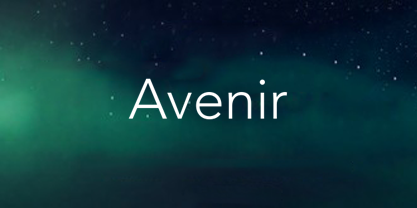
Font family
Avenir Font family
Designer
Adrian Frutiger
Publisher
Linotype Foundry
Linotype, which has been in operation for over a century, has a professionally managed font library that includes popular fonts like Helvetica, Neue Helvetica®, Linotype Didot™, Janson® Text, New Century Schoolbook®, and more. It is renowned for its production, marketing, and licensing of high-quality fonts. Over the years, their successful strategies have expanded in response to advancements in technology. As fonts are pivotal for all forms of visual communication, Linotype collaborates with designers and typographers to encourage global knowledge sharing and open dialogue. Monotype currently owns the Linotype font library.
Date released
License
※ Following licensing information is for reference only.
Please confirm the exact usage with the font owner(foundry or publisher).
Webfont: Single-domain use for websites, with separate licenses required for multiple sites by agencies. Each pageview counts when the webfont kit is accessed. For graphics on sites, a Desktop license may suffice. Available licenses: Annual, Pay Once, Pay As You Go, specific to the webfont.
App: Intended for embedding within iOS, Android, or Windows Phone apps. This option requires embedding the font file within the application's code.
Electronic Doc: Suitable for e-publications like eBooks and eMagazines. Licensing is per publication issue, with variations not considered separate. Successive versions provided free to past customers don't need new licenses. Cover graphics for ePubs may need a Desktop license.
Digital Ad/Email: Designed for embedding in HTML5-based ads. Offers a kit usable in ads like banners, with license terms fit for advertising networks. Ad impression variability is accounted for in pricing. Impressions can be pre-ordered or adjusted post-campaign.
Desktop: A general-use license for personal and professional needs, applicable to desktop apps with font menus like Word and Photoshop. Print documents and create static images with it. Licensing is scaled by the number of users, with adjustments possible for additional users.
| Category | Scope of Use | Permission |
|---|---|---|
| Webfont | Websites on a single domain | X |
| App | Embedding in mobile applications | X |
| Electronic Doc | Embedding in e-publications | X |
| Digital Ad/Email | Use in HTML5 digital advertisements | X |
| Desktop | Use on desktop workstation for various applications | X |
Download
Other info
Other fonts
